
How to Stop Cities and Companies Causing Planetary Harm
Researchers must help to define science-based targets for water, nutrients, carbon emissions and more to avoid cascading effects and stave off tipping points in Earth’s systems.
Recommendation
The fight against the deleterious effects of climate change involves everyone: individuals, businesses, government entities and scientists. In this detailed article, environmental experts describe constructive methods that can produce meaningful results, beginning now and stretching beyond Paris Agreement targets. Their approach embraces regulations and accountability for corporations and cities as well as fairness to the resource-starved regions hit the hardest by global warming. Humanity stares down fast-approaching tipping points that could make Earth far less habitable than it is today.
Summary
About the Authors
Xuemei Bai is distinguished professor of urban environment and humane ecology at the Fenner School of Environment & Society, Australian National University. Anders Bjørn is a postdoctoral fellow in the Department of Environmental and Resource Engineering, Technical University of Denmark. Şiir Kılkış is senior researcher at the Scientific and Technological Research Council of Turkey. Oscar Sabag Muñoz is science translation lead at Science Based Targets Network, New York. Gail Whiteman is professor of sustainability at the University of Exeter Business School. Holger Hoff is transdisciplinary interface manager for the Field of Excellence Climate Change Graz, University of Graz. Lauren Seaby Andersen is senior scientist in the Earth system analysis department at the Potsdam Institute for Climate Impact Research. Johan Rockström is director of the Potsdam Institute for Climate Impact Research and professor of Earth system science at the Institute of Environmental Science and Geography, University of Potsdam.









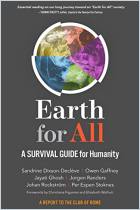
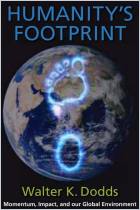
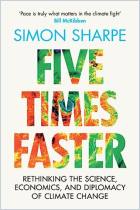
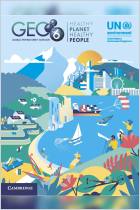

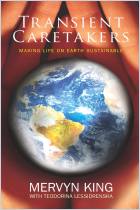
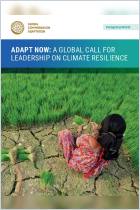

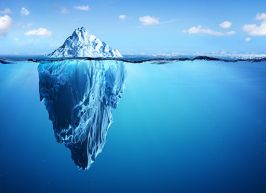






Comment on this summary or Diskussion beginnen